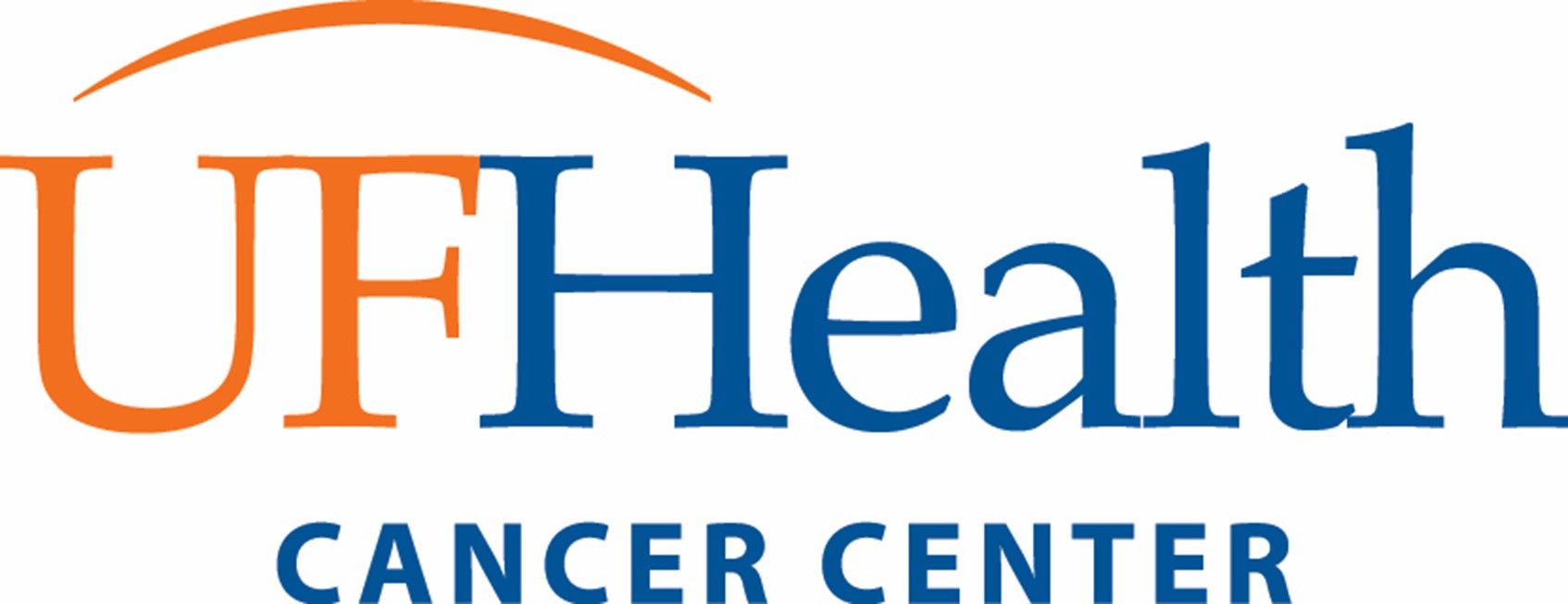
Dr. Ramnaraign on the Evaluation of Atezolizumab Plus Tivozanib in GI Malignancies

Brian Ramnaraign, MD, discusses the evaluation of atezolizumab plus tivozanib in a phase 1b/2 trial in patients with pancreatic, gallbladder, and bile duct cancers.
Brian Ramnaraign, MD, assistant professor of medicine, Division of Hematology and Oncology, University of Florida College of Medicine, discusses the evaluation of atezolizumab (Tecentriq) plus tivozanib (Fotivda) in a phase 1b/2 trial (NCT05000294) in patients with pancreatic, gallbladder, and bile duct cancers.
Based on findings from previous trials, the VEGF protein plays a key role in modulating antitumor responses; therefore, VEGF inhibition could potentially amplify the effects of checkpoint inhibitors in immunologically cold tumors, Ramnaraign says. Moreover, the combination of a VEGF TKI and an immune checkpoint inhibitor is already standard of care for patients with advanced kidney cancer and advanced endometrial cancer, Ramnaraign says.
Investigators designed the single-institution, single-arm, open label, phase 1b/2 study to examine the safety and efficacy of atezolizumab plus tivozanib in patients with immunologically cold tumors. The ongoing study is enrolling patients with metastatic pancreatic, gallbladder, biliary tract, ovarian, vulvar, castration-resistant prostate, and HER2-positive/hormone receptor–negative breast cancers, as well as patients with metastatic well-differentiated grade II or III neuroendocrine tumors and soft tissue sarcoma. Patients must have progressed on at least 1 line of systemic therapy.
Patients are not permitted to enroll if they have mismatch repair deficiency, microsatellite instability, or high tumor mutational burden. These exclusion criteria are in place because these 3 biomarkers predict a response to checkpoint inhibitors, Ramnaraign explains. Patients are also not allowed to have received prior treatment with an immune checkpoint inhibitor or a VEGF TKI.
The phase 1b portion of the trial will evaluate the safety of atezolizumab plus tivozanib in a dose de-escalation design. Phase 2 portion of the study will enroll up to 26 additional patients using the recommended phase 2 dose identified in phase 1b. No unexpected toxicities have been reported thus far, and enrollment continues toward an upcoming preplanned interim analysis, Ramnaraign concludes.




































